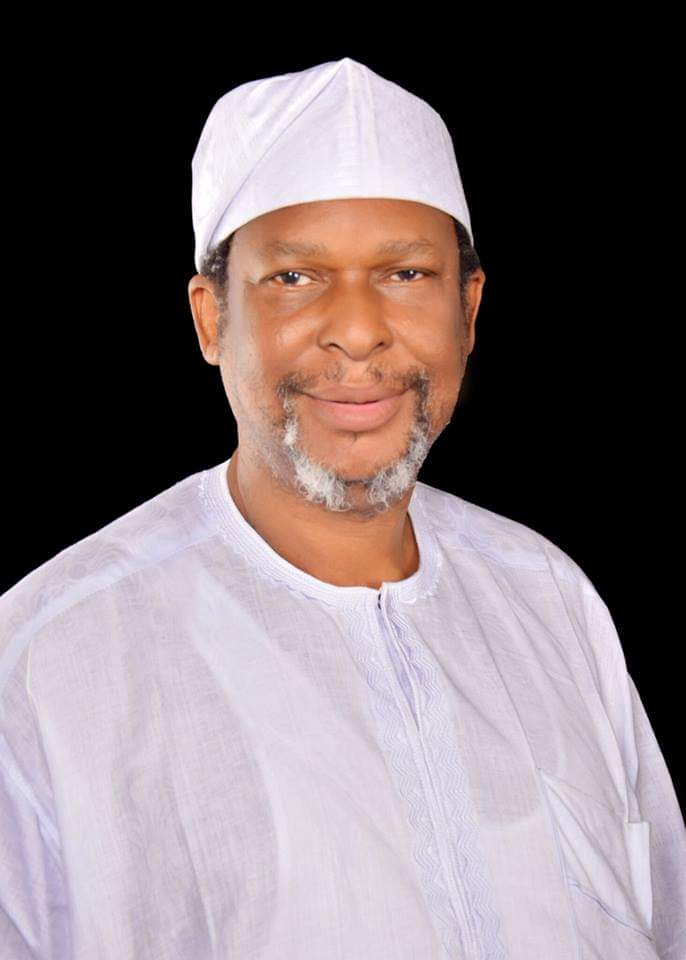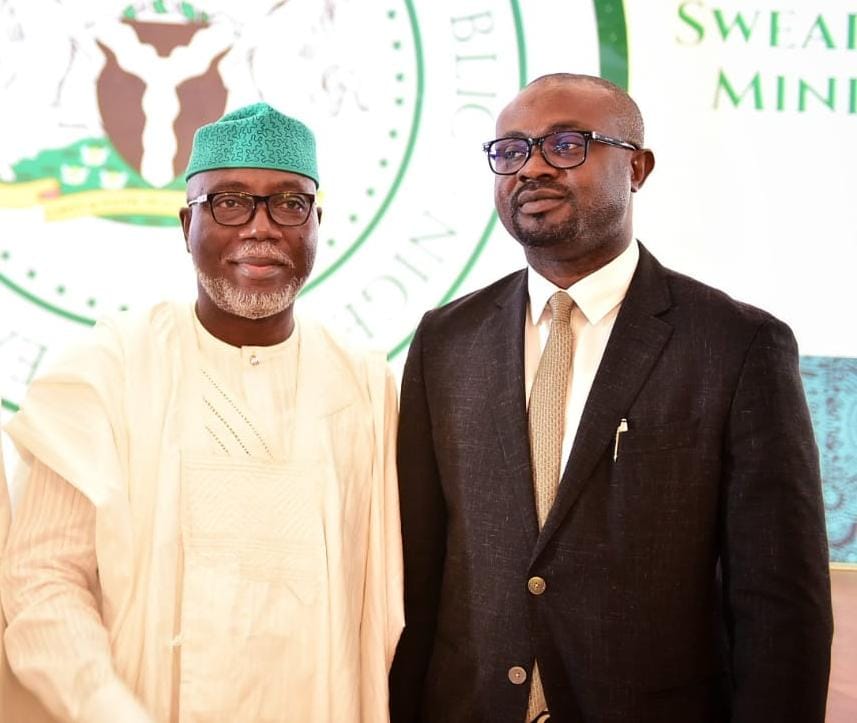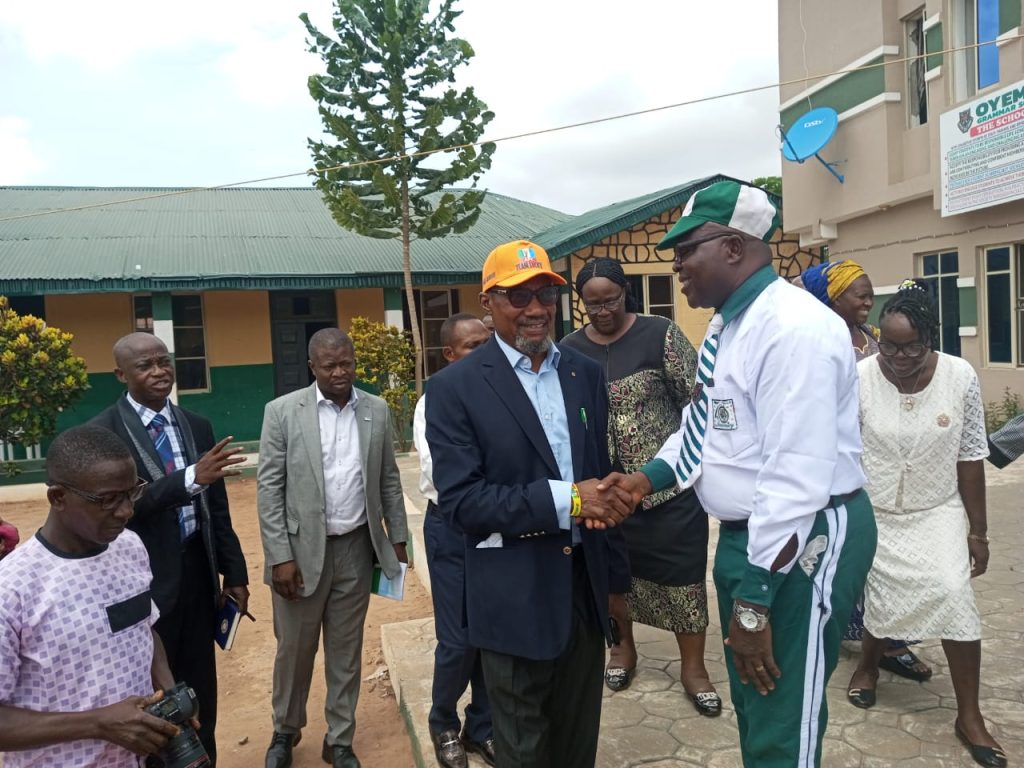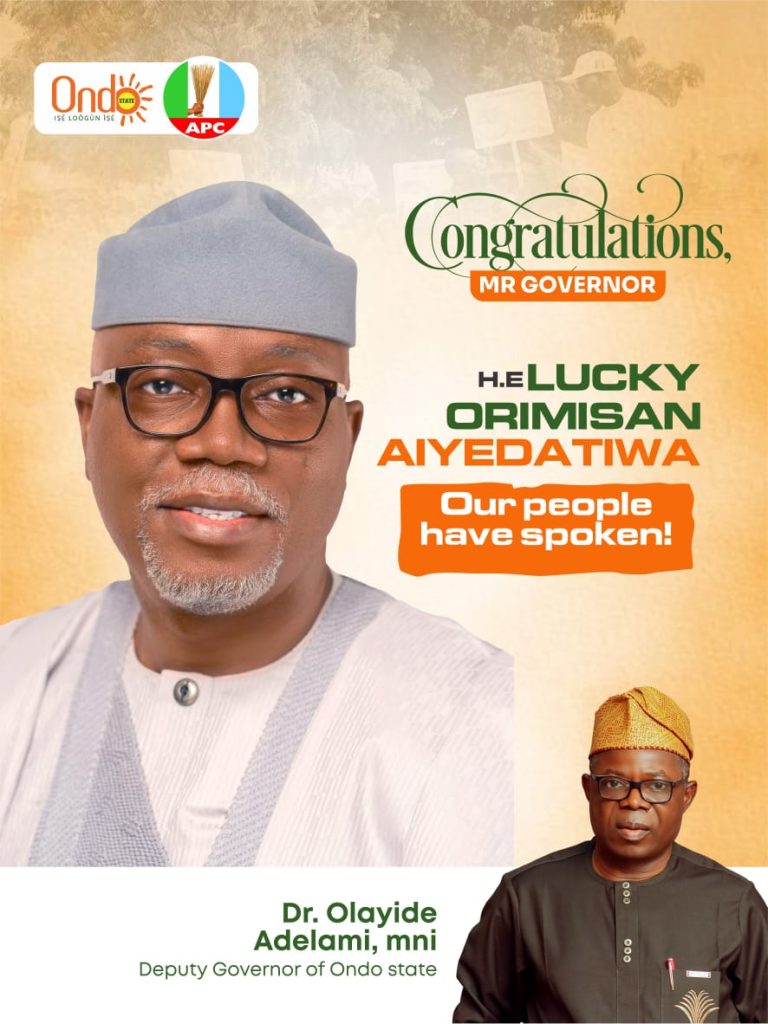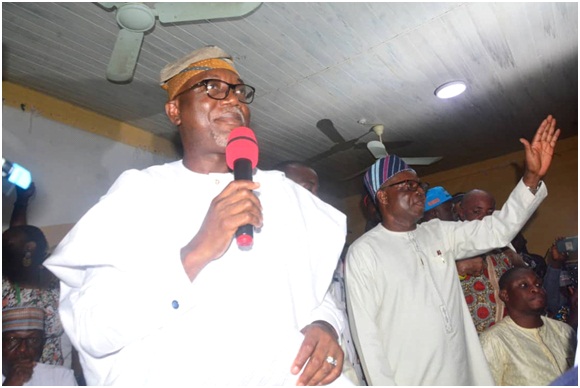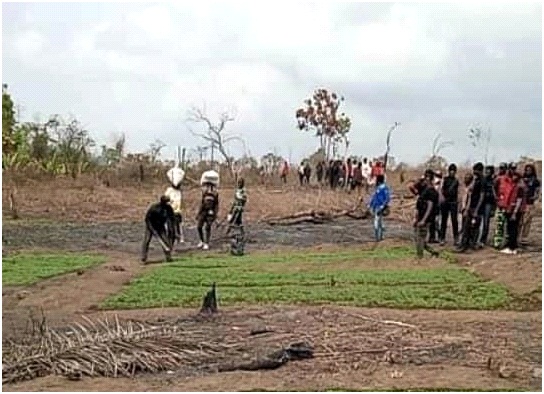Can a minor acquire property in Nigeria?
The common age for an individual to be considered an adult in most laws in Nigeria is 18 years, that is not same with issues of land. The minimum age for any person to own a land in Nigeria is 21 years, although there are two exceptions to this. By inheritance, any person less than 21 years old can own land in Nigeria.
The Hope Classics spoke with experts in the field of property acquisition . Excerpts;

Akintemi Olusola Esq
Land” is very important property in Nigeria. ownership, use, sale and transfer of land is regulated in Nigeria. There is a restriction on age of persons that can own land in Nigeria.
Though the common adult age in most laws in Nigeria is 18 years, that is not same with issues of land. The minimum age for any person to own a land in Nigeria is 21 years, although there are two exceptions to this. By inheritance, any person less than 21 years old can own land in Nigeria. And a person, less than 21 years old can also own land through duly appointed guardian or trustee.
In summary, it is illegal for any Governor to grant a statutory right of occupancy or give consent to any transfer of title of land to any person that is less than 21 years old except for the above two reasons.
Note that this applies to lands granted by the Governor of a state (statutory ownership) and does not affect lands under customary ownership.
I cited my authorities from sections 1, 7, 51 and 52 of the Land Use Act, 1978.

Mr. Adeoye Adesegun
In my own opinion, at age 30, one should start thinking about owning his own house and make it a priority, while some might say age 40. Remember that planning to own a house either through buying or building from scratch does not necessarily mean one has the whole money but one could decide to save money towards building/buying a house or secure a financial aid.

Kaine Agary, ESQ
The act says: “It shall not be lawful for the Governor to grant a statutory right of occupancy or consent to the assignment or subletting of a statutory right of occupancy to a person under the age of 21 years: Provided that – (a) where a guardian or trustee for a person under the age of 21 has been duly appointed for such purpose the governor may grant or consent to the assignment or subletting of a statutory right of occupancy to such guardian or trustee on behalf of such person underage; (b) a person under the age of 21 years upon whom a statutory right of occupancy devolves on the death of the holder shall have the liabilities and obligations under and in respect of his right of occupancy as if he were of full age notwithstanding the fact that no guardian or trustee has been appointed for him.” Part (b) simply means that if a person under the age of 21 years inherits land, they shall be responsible for all liabilities that come with the right of occupancy acquired by the inheritance, that means all charges, taxes, etc will accrue whether they are aware of them or not.
The responsibilities of acquiring statutory rights to land are not for babies (at least this is what the law is saying). Imagine that a 15 year-old inherits property rights over some land and due to an oversight or ignorance, no one pays attention to the charges and liabilities due over the land, by the time that person is 21 years old, has a job and can now tend to adult affairs, they may be drowning in so much debt that the only option they have is to sell the land. If your child is a beneficiary of your rights to land, your will should make provision for payment of these liabilities until the child is of age so that the inheritance does not become a burden.

Wemimo Ajegbemiga Esq
The paramount statute in Nigeria, the 1999 Constitution of the Federal Republic of Nigeria (as amended), in Section 43 confers the right of ownership of land to “every citizen” of Nigeria. It reads thus:
“Subject to the provisions of this constitution, every citizen of Nigeria shall have the right to acquire and own immoveable property anywhere in Nigeria.”
What this means is that everyone who is a citizen of Nigeria has the right to own property i.e. every Nigerian can own property. No exceptions were created, every Nigerian. As long as you were born in Nigeria or you have acquired Nigerian citizenship by virtue of the conditions stipulated in Section 25 of the Constitution, you are qualified to own land in Nigeria
Does That Mean A Child Can Own Property?
I know what you are thinking right now, if everyone who is Nigerian can own property then Nigerian children can own property. Well, the answer is not so obvious. Although the Constitution seems to confer the right to own property on every Nigerian, the Land Use Act, in its Section 7, particularly Sub section (a) disqualifies any person under the age of “twenty one” from owning property except through a guardian or trustee.
Given that the Land Use Act derives its authority from the Constitution by virtue of Section 43 and 44 of the Constitution, it is regarded as being part of the Constitution itself and its provisions carry as much weight.
As with provisions of the law, there is an exception. Although Nigerians under the age of 21 are restricted from owning property except through a trustee or a guardian, by virtue of Section 7 (b) of the Land Use Act;
“a person under the age of twenty-one years upon whom a statutory right of occupancy devolves on the death of the holder shall have the same liabilities and obligations under and in respect of his right of occupancy as if he were of full age notwithstanding the fact that no guardian or trustee has been appointed for him.”
This means that a person may own property if the property passes onto him as inheritance after the death of the owner and the rights and obligations regarding the property shall pass onto him as well as if he were of full age whether or not a guardian or trustee has been appointed for him.

Kayode Mogbojuri Esq
Ordinarily, no person less than 21 years old can own land in Nigeria. It is unconstitutional for any Governor to award a statutory right of occupancy or give consent to any transfer of title of the land to any individual who is less than 21 years old except for 2 purposes.
A person less than 21 years old, can lawfully purchase, own, and even sell his land in Nigeria, where;
1. A legally appointed guardian or trustee stands for the person less than 21 years old. So, the land is purchased or sold on behalf of the person less than 21 years old.
2. By death, any person less than 21 years old inherits land in Nigeria.
Note that this applies to lands under or granted by the Governor of a state (statutory ownership) and does not affect lands under customary ownership.

Segun Oni
Section 43 of the 1999 Constitution of the Federal Republic of Nigeria as amended stipulates that subject to the provisions of this Constitution, every citizen of Nigeria shall have the right to acquire and own immovable property anywhere in Nigeria. This is a Constitutional right of every citizen of Nigeria, it is fundamental, that is why it appears in chapter four of the 1999 Constitution. This includes the right to use land anywhere in Nigeria without legal impediments or hindrances. These are claims or entitlements to land and appurtenances or improvements, given to a person or persons having legal relationship with the land or owners of land or over incorporeal hereditaments in relation to it. Therefore, it follows that land rights are creation of law or in a manner authorize by it, it follows that issues relating to capacity to be vested with land rights, the use of land, the formalities for valid transfer, and its transmission on the death of the owner are governed by law.
Also Section 3 of the Conveyancing Act (1881) defines property to mean, unless a contrary intention appears, includes real and personal property, and any estate or interest in any property, real or personal, and any debt, and anything in action, and any other right or interest.
Though the common adult age in most laws in Nigeria is 18 years, at this age, the law sees the child as an adult, mature even to the point that he/ she can exercise his/ her franchise without any obstruction but this is not the same with issues of land which is a different ball game entirely. The minimum age for any person to own a land in Nigeria is 21 years – see Section 7 Land Use Act (1978) although there are 2 exceptions to this. … And a person, less than 21 years old can also own land through duly appointed guardian or trustee . However, it must be pointed out that the Property Conveyancing Law(PCL) 1959, Section 42(5) puts the maturity age to be 21 years, this appears to contradict each other but I will clear the air. First and foremost, Conveyancing Act (1881) (PCL) (CA) and Property Conveyancing Law (1959) are two major laws governing Property Laws in Nigeria. The PCL is the applicable law in the Western Region viz: Ekiti, Edo, Ondo, Oyo, Ogun, Osun, some parts of Lagos and Delta States while (CA) However, these are the law applicable to the Northern part and also Eastern part of Nigeria. (PCL) & (CA) are subsumed to the Land Use Act (1978) (LUA) which is the principal legislation when it comes to anything dealing with land/ property in Nigeria. It states in Section 7 Restriction on Right of Person under age 21 ; it shall not be lawful for the Governor to grant a statutory right of occupancy or consent to the assignment or subletting of a statutory right of occupancy to a person under the age of 21 years provided that (a) Where a guardian or trustee for a person under the age of 21 years has been duly appointed for such purpose, the Governor may grant or consent to the assignment or subletting of a statutory right of occupancy to such guardian or trustee on behalf of such person under age; By the Land Use Act, no person less than 21 years old can own a land in Nigeria. It is illegal for any Governor to grant a statutory right of occupancy or give consent to any transfer of title of land to any person that is less than 21 years old except for 2 reasons.
The 2 exceptions are; by inheritance, any person less than 21 years old can own land in Nigeria. And a person, less than 21 years old can also own land through duly appointed guardian or trustee. The above principle applies to lands under or granted by the Governor of a state (statutory ownership) and does not affect lands under customary ownership.


